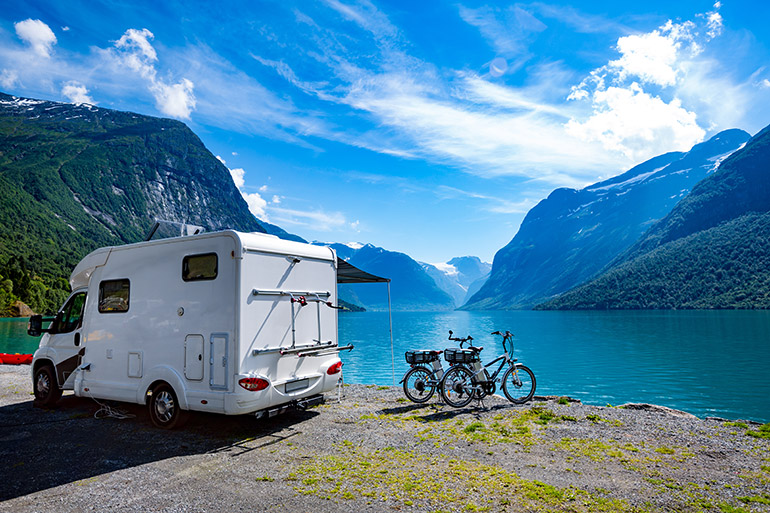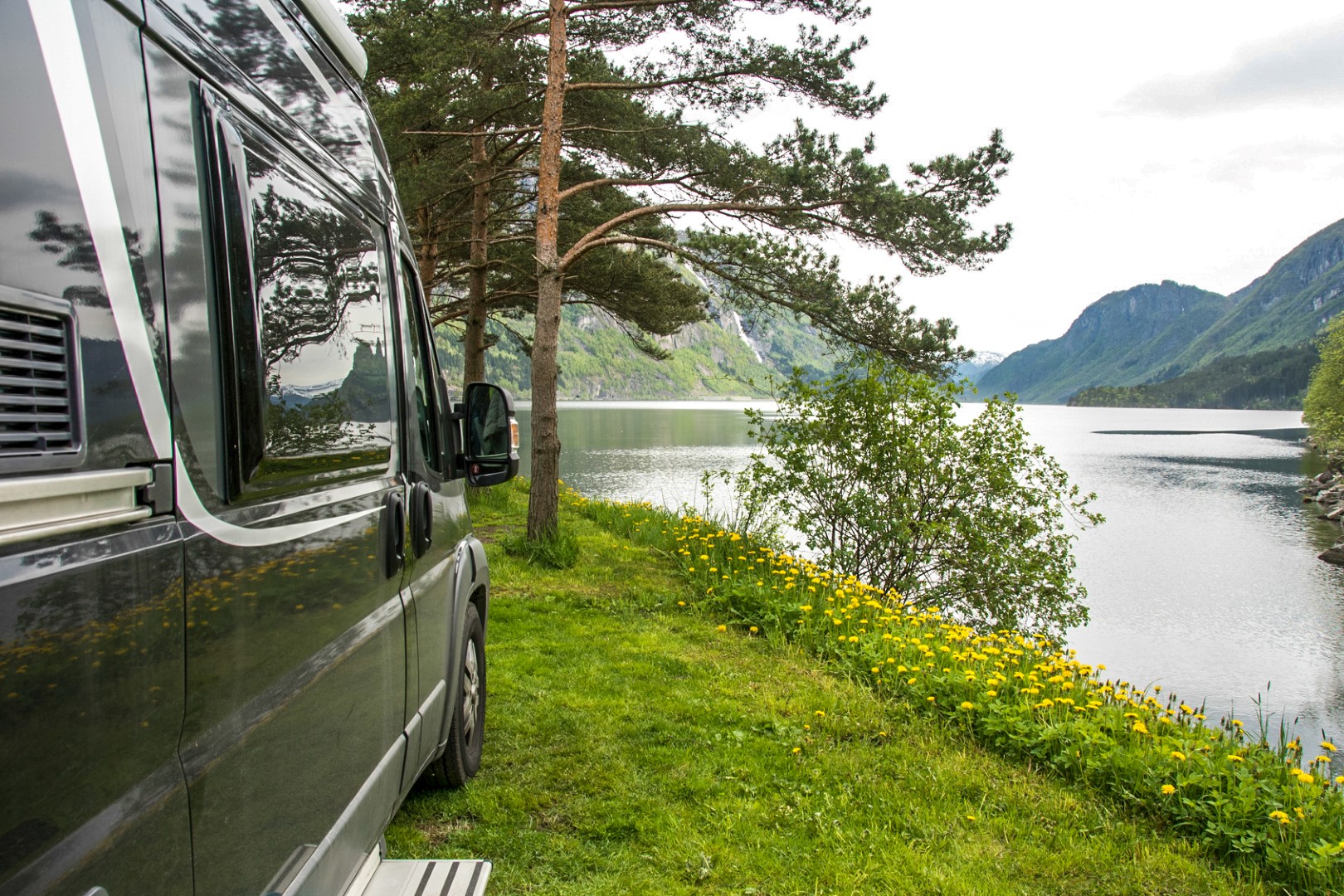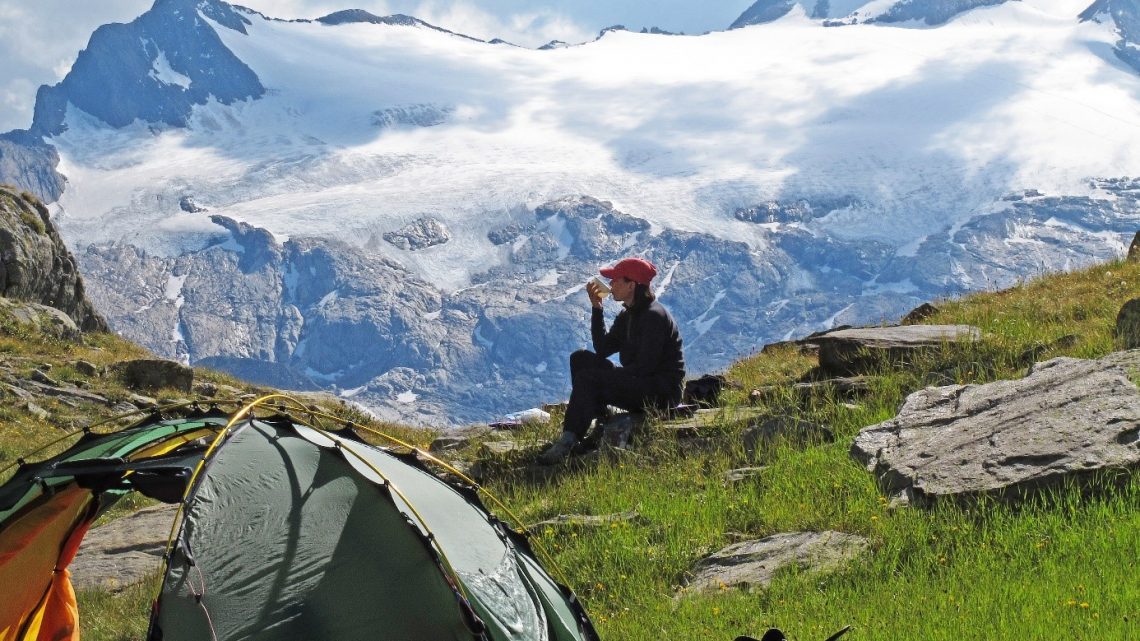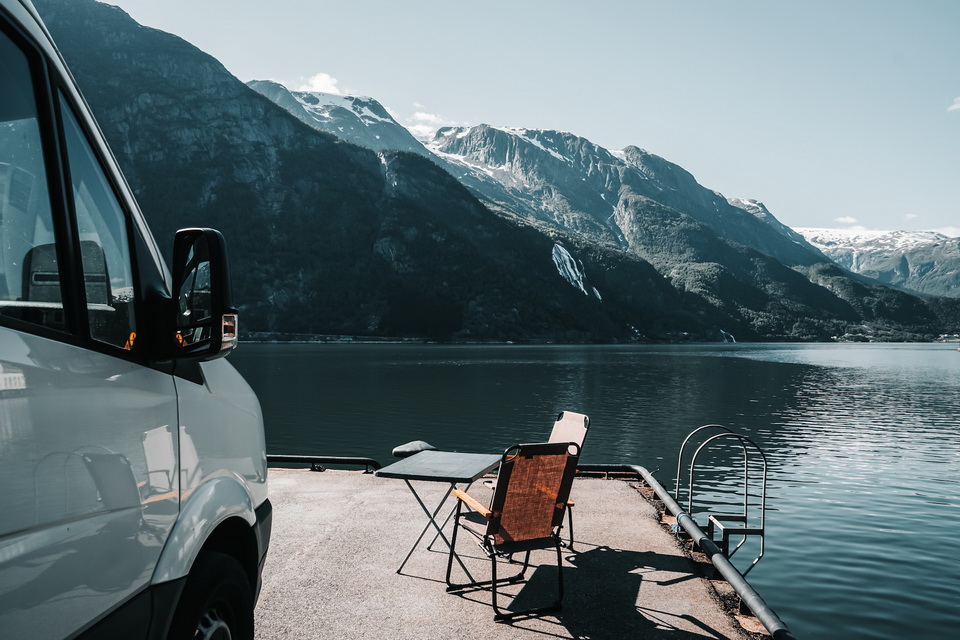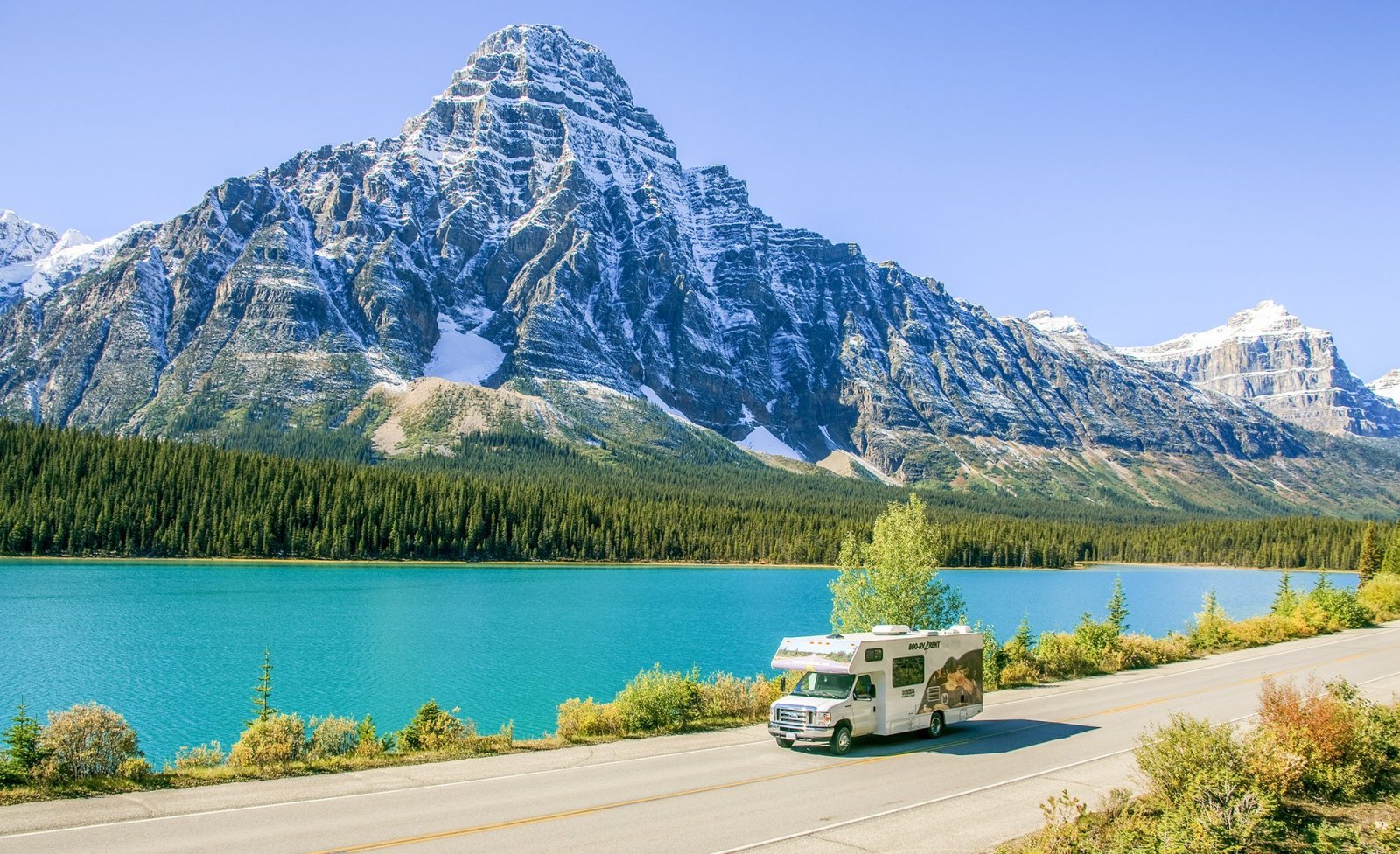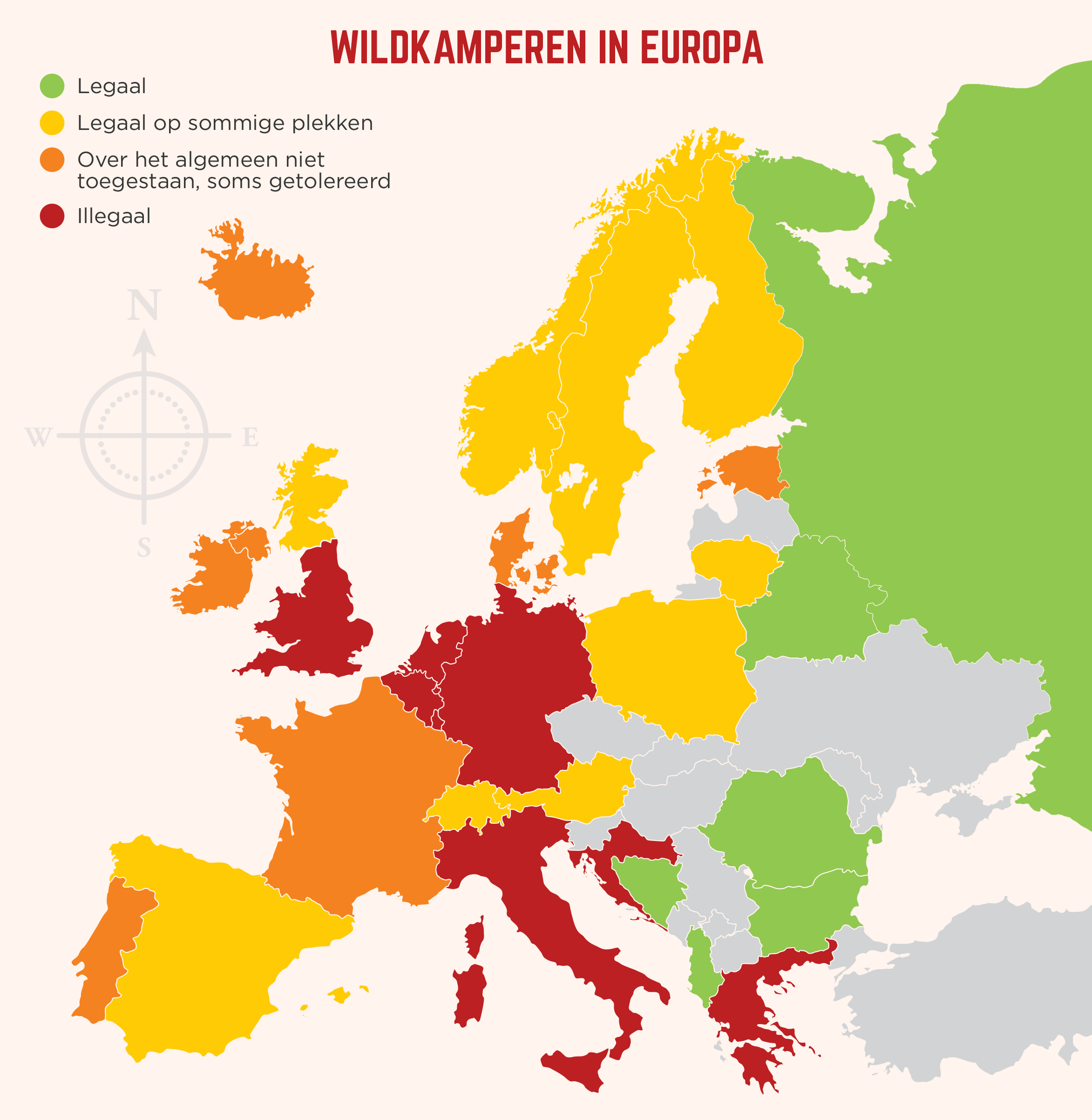Spain & Portugal
Very diverse legislation per region. That is why it is best to check with the local government. Catalonia, for example, allows wild camping, but in Castile and León it is absolutely prohibited. In Portugal you are allowed to camp in the wild, but only if you have applied for a "permit" in advance at the municipality and you receive permission from the land owner or someone from the police.
Italy
Wild camping is prohibited in Italy, but as long as you are at a high altitude (above 2000 m), a bivouac is usually tolerated. Wild camping is allowed from sunset to sunrise in the Parco Nazionale di Alpi Marittime in Piedmont. It is true that it has not been officially confirmed, but this seems to be the case for the entire Italian Alps (and not the Dolomites).
Scotland's paradise for wild camping
Setting up your tent in the wild is allowed in Scotland for one night, of course there are rules that are summarized in the Outdoor Access Code (see top of this article).
The Land Reform (Scotland) Act 2003 ensures that everyone has a legal right of access to most of Scotland, but these rights must be exercised responsibly. After all, camping is done with respect for privacy, safety and nature in Scotland. Likewise, land managers must responsibly manage their land and water in connection with access rights.
Due to the traffic on the West Highland Way, there is a restriction to the East of Loch Lomond due to wild camping. In this part of Scotland you therefore need a "permit" in some places.
In the UK you also have Bothies. A bothy is a simple hut, usually freely accessible. Bothies can be found in remote mountain regions of Scotland, Northern England and Wales.
England, Wales and Ireland
Prohibited in principle, but there is a tolerance policy. That is why asking permission is always the best option where possible.
